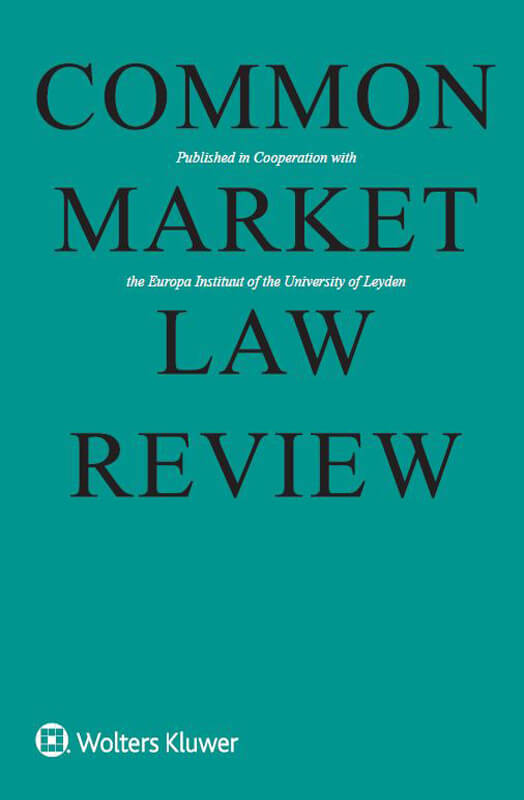Home > All journals > Common Market Law Review > 55(2) >

$25.00 - Rental (PDF) *
$49.00 - Article (PDF) *
Ermioni Xanthopoulou
Common Market Law Review
Volume 55, Issue 2 (2018) pp. 489 – 509
https://doi.org/10.54648/cola2018034
Abstract
This article examines the evolving relationship of mutual trust and fundamental rights in the Area of Freedom, Security and Justice. The ECJ has long prioritized the effectiveness of instruments based on mutual trust through an unimpeded system of mutual recognition. Arguments based on a violation of fundamental rights were taken to contradict the presumption of compliance, refute mutual trust, and hinder automatic mutual recognition. The ECJ has now accepted, both in criminal and asylum law, that the presumption of compliance is not conclusive and mutual trust is not blind. The article observes an emergent, but carefully controlled dynamic of rights-based assessment through case-by-case analysis, illustrating three phases of mutual trust, but argues that this dynamic is slow, unclear and inadequate. It suggests that national authorities should take a proactive role, promoting real and constructive relationships of trust, allowing an individual assessment of rights violations via rights-based review. The latter is based on a proper understanding of trust, as an evolving concept based on evidence. Respect for rights, terminological clarity, enhanced judicial communication, and acknowledgment of shared values are the way forward.
Extract
